Description
In his 3rd collection of short fiction, Louis Phillips, a widely read author of fiction, poetry, drama, and children’s stories, takes his readers into numerous strange worlds. From the opening story, “Errata,” which lists dozens of strange “mistakes” with a previously published story, to the final piece, “Lee Harvey Oswald’s Can Opener,” a reader soon discovers oneself visiting an unpredictable consciousness. Phillips, who teaches Introduction to Poetry and The History of Hell at the School of Visual Arts, creates stories which lead the reader to scratch ask what in the world is going on? These are the kinds of questions asked of Kafka, Borges, Barthelme, and Barth as well as so many other authors of poetic realism, the unusual, and yes, the absurd. As for humor, well, there is plenty of that, too. Phillips writes about a “committee of grief,” about termites in Africa…He tells of how an angry consumer shows his disdain for the telephone company by sending out false bills which, ultimately, leads to the withdrawal of the state of Iowa from the union. In one crazy piece, Phillips describes the chaos that occurs when a cat finds Thomas Hardy’s heart, and, well, devours it, disrupting plans to put the heart on display. And he writes that amazing title story: Yes, it’s true. “King Lear” was penned by Radcliffe Graduate Muriel B. Hopkins, not by the esteemed William Shakespeare. What is the theme connecting these stories? Madness, perhaps, but not only the madness of single characters – these stories are also about the “madness of crowds.” Read these stories, but be prepared to confront new realities, some of which you may never entirely escape.
Louis Phillips has published more than 35 books for children and adults. Among his works are two collections of short stories A Dream of Countries Where No One Dare Live (SMU Press) and The Bus to the Moon (Fort Schuyler Press); Hot Corner, a collection of his baseball writings, and R. I. P. (a sequence of poems about Rip Van Winkle) from Livingston Press; The Envoi Messages, a full-length play (Broadway Play Publishers). His books for children include The Man Who Stole the Atlantic Ocean (Prentice Hall & Camelot Books), The Million Dollar Potato (Simon and Schuster), and How to Wrestle an Alligator (Avon). His sequence of poems The Time, The Hour, The Solitariness of the Place was the co-winner in the Swallow s Tale Press competition (l984). Among his other books of poems are The Krazy Kat Rag (Light Reprint Press), Bulkington (Hollow Spring Press), Celebrations & Bewilderments (Fragments Press), In the Field of Broken Hearts, and Into the Well of Knowingness (Prologue Press). His most recent books are The Audience Book of Theatre Quotations and The Death of the Siamese Twins & Other Plays (both by World Audience, Inc.). He teaches at the School of Visual Arts in NYC.
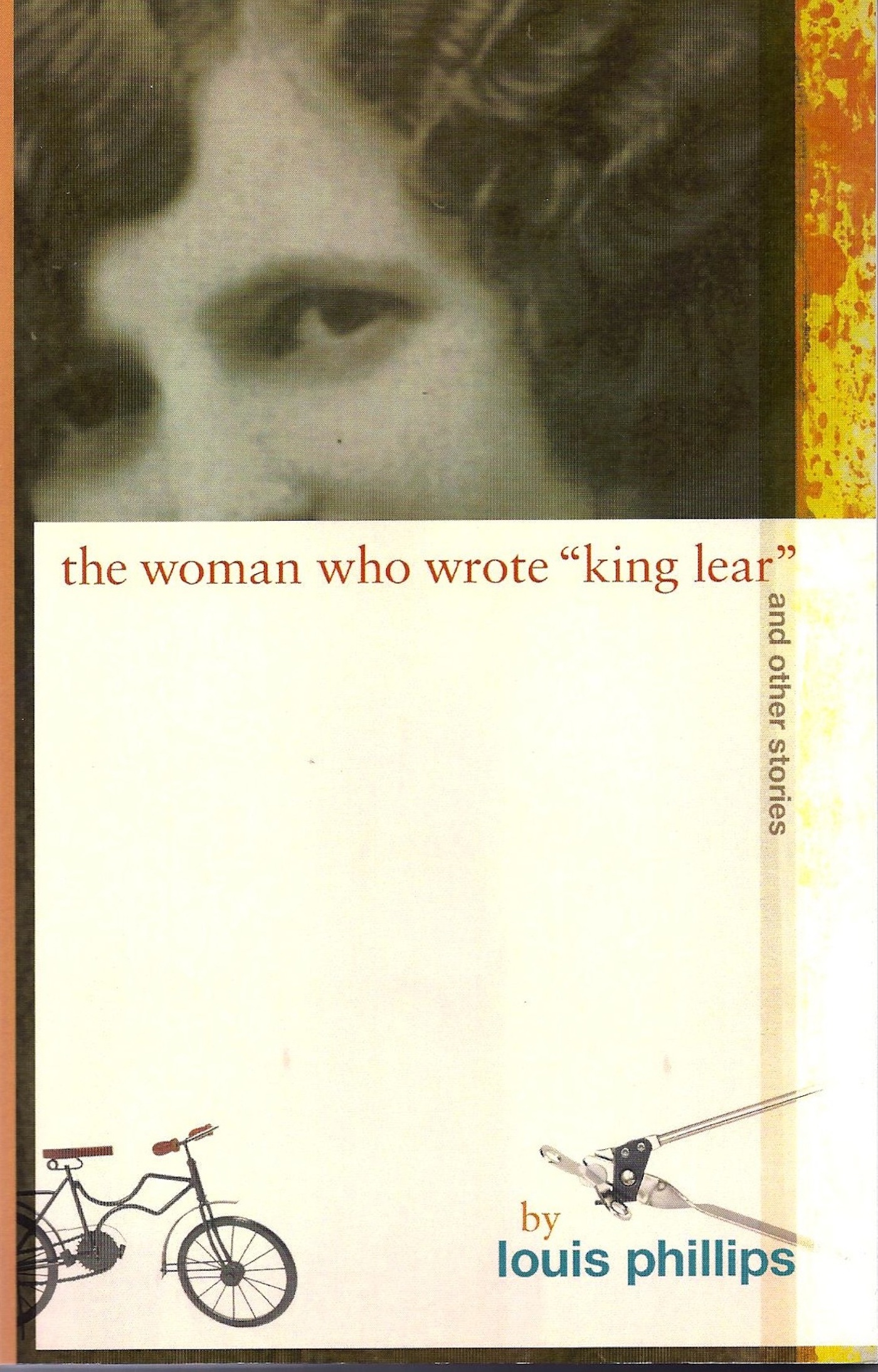
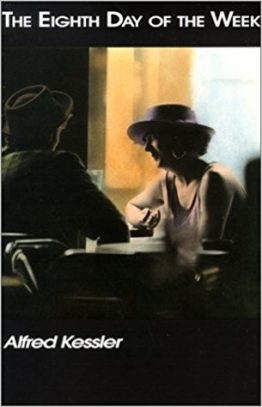

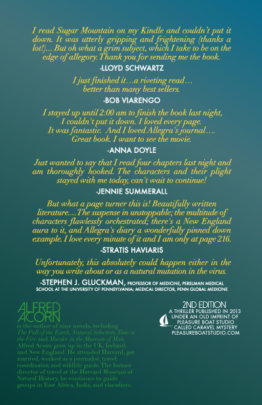
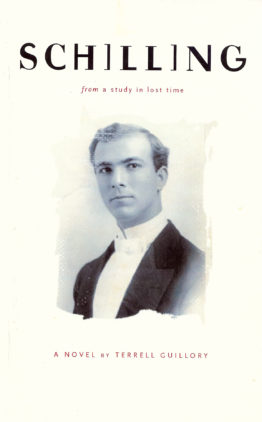


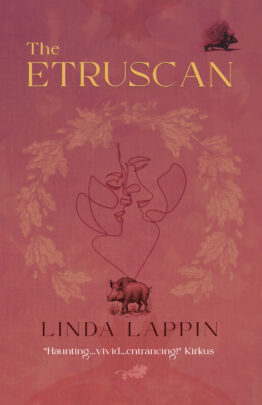


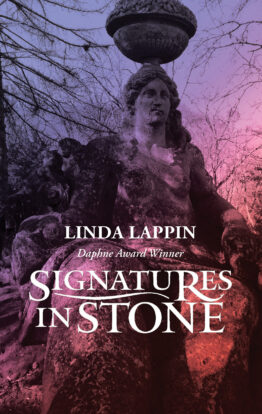
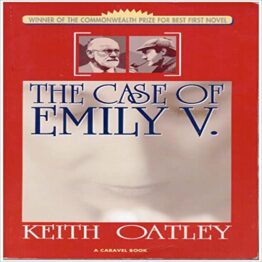
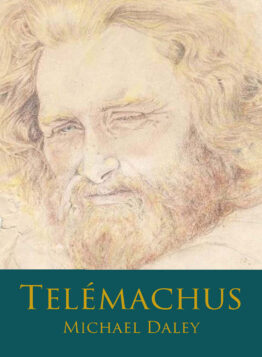



Gilbert Girion –
One of the thrills of reading THE WOMAN WHO WROTE “KING LEAR” is seeing how each story lives up to its title. In the title story we wonder: how is he going to pull this one off? But he does, in a most compelling and ingenious way that makes us look at Shakespeare’s genius in a new light. Similarly with stories like “The Cat That Swallowed Thomas Hardy’s Heart”, “Lee Harvey Oswald’s Can Opener”, “The Destruction Of Iowa” and “John Locke and His Bicycle” we are given access to little pockets of history not yet known; characters on the fringes of literary fame or world events that have somehow slipped between the cracks of history, but have in some way been intimately involved. Or so these stories would have us believe. And believe we do, largely because Louis Phillips has so carefully crafted and shaped these stories, in such a way that we are both enchanted and made aware of his method of enchantment. The stories constantly remind us that they are Written. The very act of writing is what the stories are often about. “Writing” is a terrific story that imagines a society that punishes those who write fiction, as well as other forms of writing not deemed appropriate. Sounds like a far-fetched premise, but the story is told (written?) to us by man who tells us he is holed up, at home, with a lynch mob outside his door and we believe him. We believe him because we believe Louis Phillips, the writer behind the writer risking all, to write. Read these stories and you will find yourself reevaluating some of your notions of society, history, literature and the very act of creating. But you will also find yourself smiling. More to the point, laughing. These stories are funny. Starting with Errata, which is laugh-out-loud funny. The humor varies necessarily from story to story, but it is always there and is one of the great pleasures of this terrific book.
Nancy –
A friend introduced me to Phillips’s prose and now that friend is a better friend. I never write reviews but I laughed and laughed on every page reading Errata, the first of many pieces in this collection of stories. Sometimes poignant, always original and always entertaining. The stories get better and better, each a treat, so different and original all, but bound together by a brilliant and absurdist voice. Phillips is somehow comfortingly familiar as he draws in the attentive reader with his self-deprecating voice and appealing humanity but altogether fresh and different from anyone you have read. The Woman Who Wrote “King Lear,” and Other Stories will be my go-to gift to literary friends who have been there-done that in the fiction world.
Mike Strozier –
I was at the same reading as Richard Pepperman and Louis Phillips and I heard Louis’ story too and it was excellent! He is a great writer; his THE AUDIENCE BOOK OF THEATRE QUOTATIONS (that my press published, WORLD AUDIENCE) is nothing short of extraordinary, and it sells well, by the way. This book of stories — KING LEAR — is another one to buy.